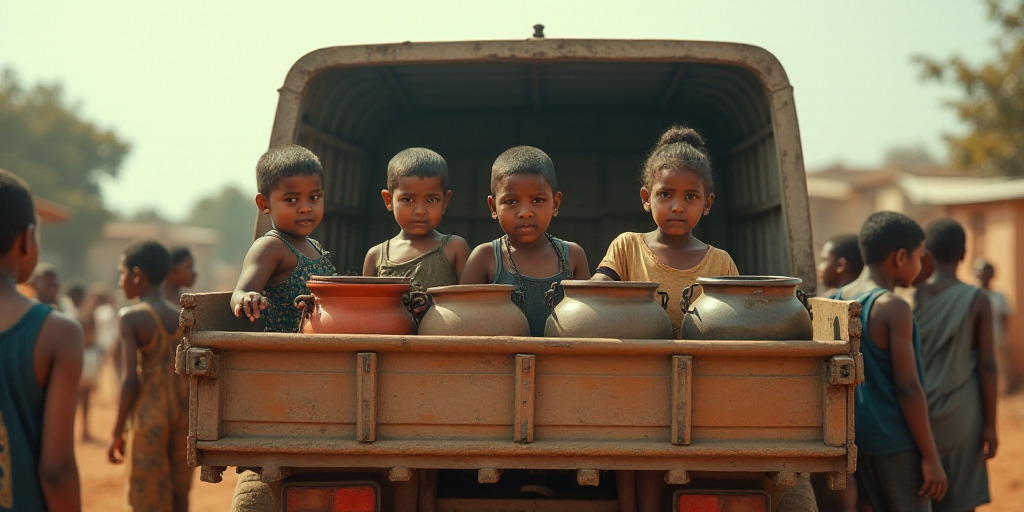Background on the Situation in Gaza
The United Nations has reported a threefold increase in child malnutrition rates in the Gaza Strip since March, following the collapse of the latest ceasefire. The UN agency for Palestinian refugees in the Middle East, UNRWA, fears that the humanitarian crisis may worsen further.
Who is Philippe Lazzarini?
Philippe Lazzarini is the Commissioner-General of UNRWA, responsible for overseeing the agency’s operations and programs in the Middle East. His role is crucial in addressing the needs of Palestinian refugees, including those in Gaza.
Current State of Child Malnutrition
According to Lazzarini, nearly one in three children in Gaza City are now malnourished, a sixfold increase since the ceasefire. This alarming situation stems from the resumption and intensification of Israel’s military offensive.
Preventable Crisis
Lazzarini emphasized that the current crisis is man-made, caused by hunger and not a natural disaster. He urged political authorities to reverse restrictive measures that have nearly blocked humanitarian aid entry into Gaza.
Consequences of Inaction
Without political will to address this “abomination,” Lazzarini warned that more children would perish. The Gaza Health Ministry estimates that at least 269 people, including 112 children, have died from starvation since the military offensive began.
Key Questions and Answers
- What is the current state of child malnutrition in Gaza? Child malnutrition rates have tripled since March, with nearly one in three children now suffering from malnutrition.
- What factors have contributed to this increase? The resumption and intensification of Israel’s military offensive have led to a severe humanitarian crisis in Gaza.
- What is the UNRWA’s stance on this situation? The UNRWA has described the crisis as preventable and urged political authorities to reverse restrictive measures blocking humanitarian aid.
- What are the potential consequences of inaction? Without political will to address the crisis, more children are at risk of dying from starvation.






